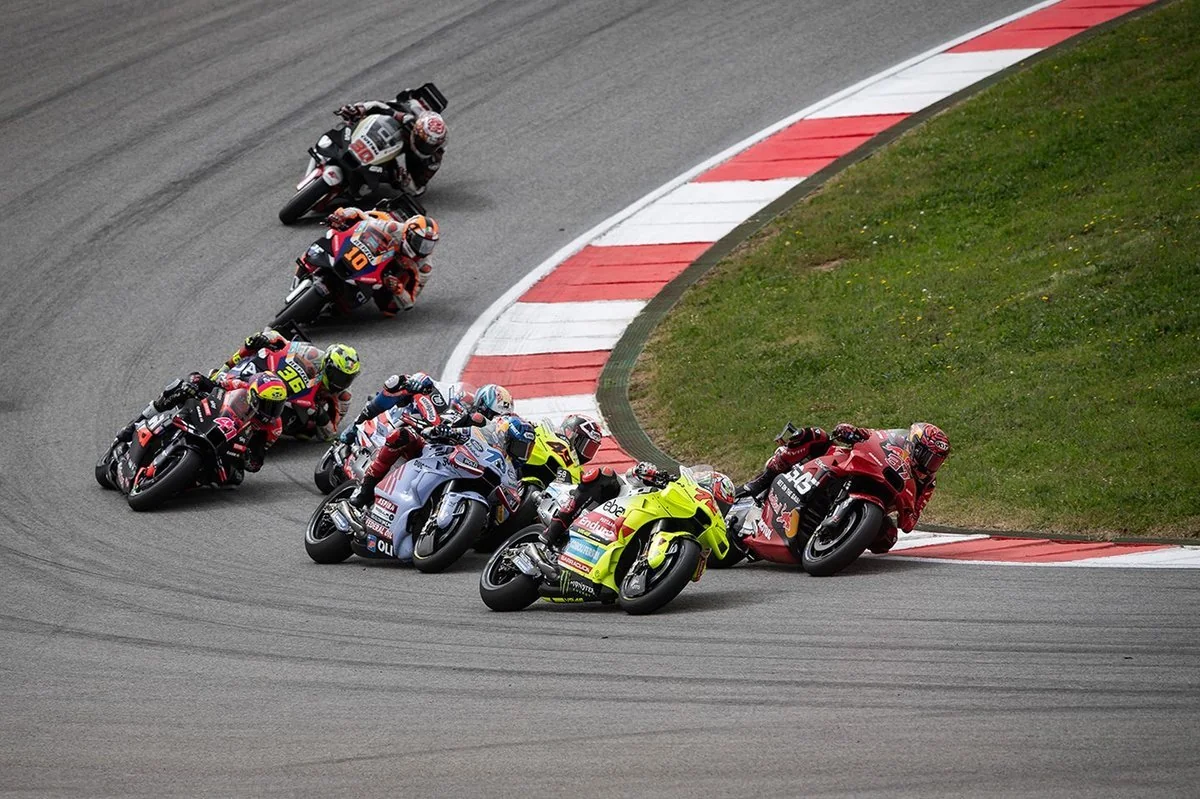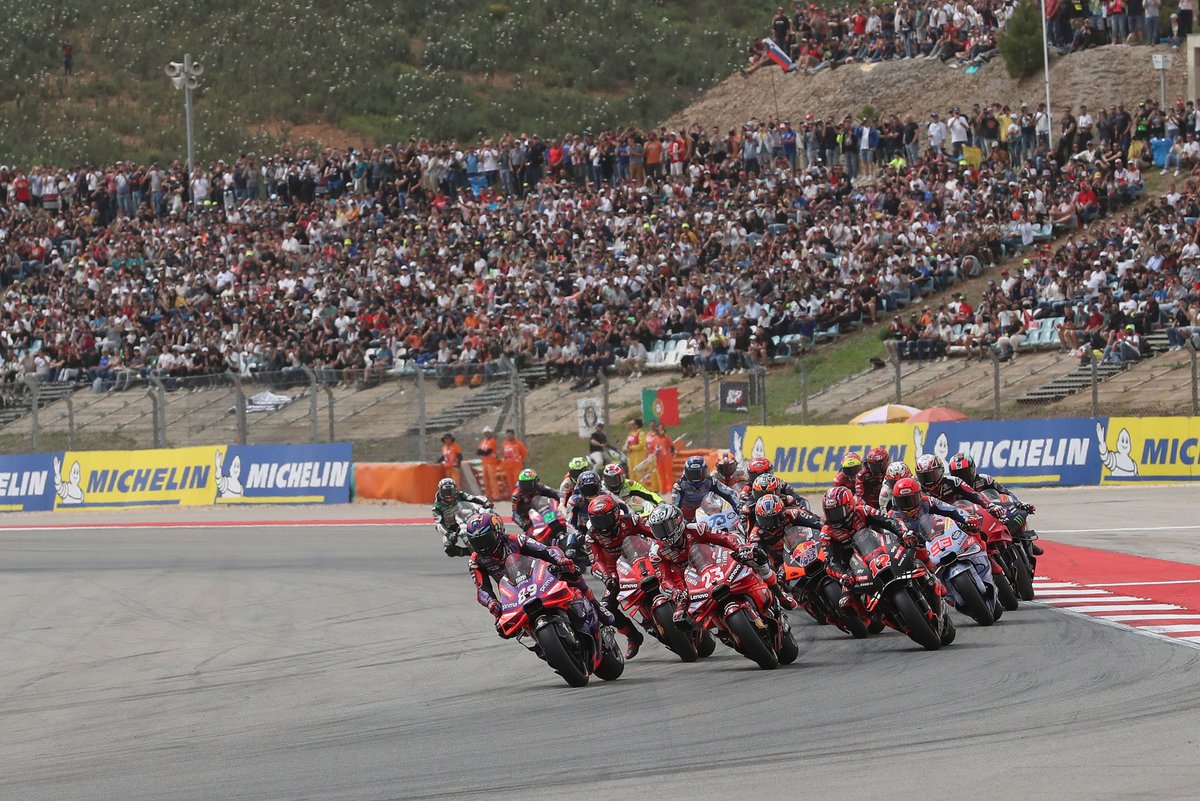On Monday morning, Liberty, a prominent American media conglomerate, revealed its acquisition of an 86% stake in MotoGP, sealing a monumental deal valued at €4.2 billion. This move, scheduled for finalization by the close of 2024, solidifies Liberty’s ownership of two premier motorsport championships: Formula 1 and MotoGP, with the latter maintaining its autonomy under the management of Dorna.
Since Liberty’s purchase of Formula 1 in 2016, the series has experienced considerable growth, reaching wider audiences and witnessing substantial profit increases, largely attributable to its expansion efforts in the United States.
However, the announcement of Liberty’s takeover of MotoGP has sparked concerns among fans regarding potential negative alterations under new ownership. Addressing these apprehensions during an investors’ call on April 1st, Liberty Media’s President and CEO, Greg Maffei, reassured stakeholders that the company harbors no intentions of making fundamental changes to MotoGP.

Maffei dismissed the notion of a trade-off between monetization and fan base expansion, asserting that both objectives are complementary. Drawing parallels to Formula 1, he emphasized the symbiotic relationship between audience growth and commercial viability, illustrating how increased excitement and demand foster favorable conditions for monetization opportunities.
Expressing faith in MotoGP’s existing appeal, Maffei underscored Liberty’s commitment to preserving the sport’s essence while aiming to broaden its reach and attract diverse commercial partnerships. He envisaged a scenario akin to Formula 1, where heightened enthusiasm translates into a positive feedback loop of engagement and revenue generation.
Throughout the call, representatives from Liberty and Carlos Ezpeleta, MotoGP’s sporting director at Dorna, reiterated a key point: MotoGP’s events cannot feasibly take place on street circuits. This stance was prompted by speculation on social media suggesting that MotoGP might follow Formula 1’s recent trend of incorporating street courses into its calendar as part of an expanded schedule.

